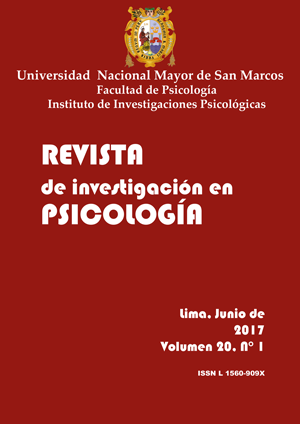Professional anchorage and values related to work in Peru
DOI:
https://doi.org/10.15381/rinvp.v20i1.13533Keywords:
productive apparatus, human capital, career anchorages, values related to workAbstract
The purpose of this article is to reflect on why in Peru it is difficult for professionals to achieve their goals in organizations and why they cannot achieve loyalty to their employees. There are factors such as the rupture situation, between the studies performed and the occupation exercised; the lack of adaptation of the educational system to the needs of the productive apparatus; the prejudice of the employer on the formative provenance of its possible employee. Faced with this labor reality, organizations must recognize the importance of paying attention to human capital aligned with company strategies. Focusing on people, some have a clear potential to develop their professional skills and organizational environment conducive, but fail to achieve the expected professional deployment. In this sense, Schein's theory of career anchors, generates a new prospect, refers to the occupational self-concept that explains the development, stability, restrictions and integration of the worker's career and the theory of values related to the work of Schwartz, as factors that guide the decisions of the people, conditioning the time to choose their studies and develop a particular profession.Downloads
Published
Issue
Section
License
Copyright (c) 2017 Susana Cabrera Echegaray

This work is licensed under a Creative Commons Attribution-NonCommercial-ShareAlike 4.0 International License.
THE AUTHORS RETAIN THEIR RIGHTS:
a. The authors retain their trademark and patent rights, and also on any process or procedure described in the article.
b. The authors retain the right to share, copy, distribute, execute and publicly communicate the article published in the Journal of Research in Psychology (for example, place it in an institutional repository or publish it in a book), with acknowledgment of its initial publication in the Journal of Research in Psychology.
c. Authors retain the right to make a subsequent publication of their work, to use the article or any part of it (for example: a compilation of their work, lecture notes, thesis, or for a book), provided that they indicate the source. of publication (authors of the work, magazine, volume, number and date).























